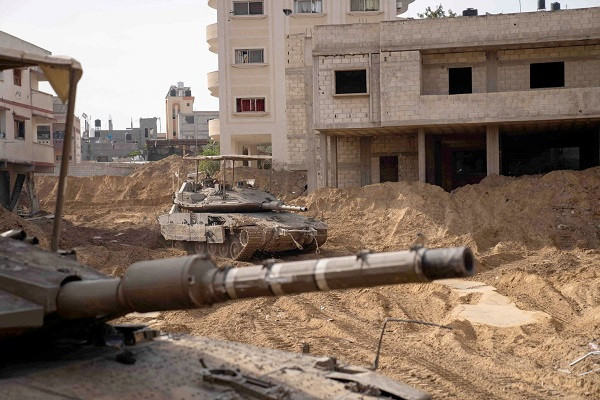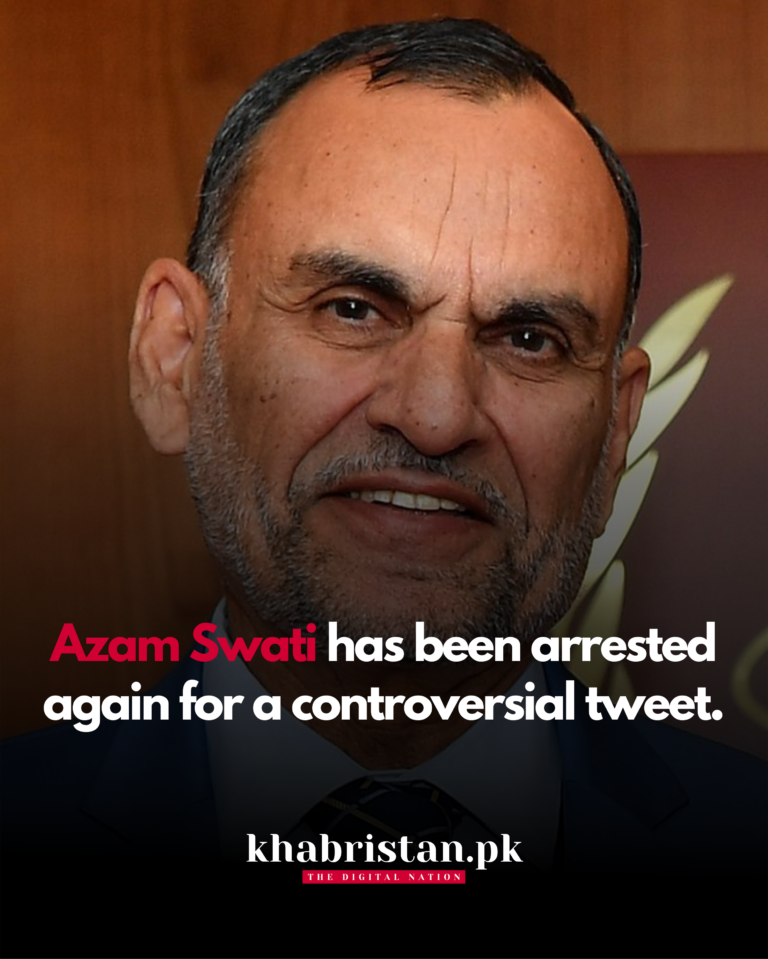Israel continued its intensive airstrikes on Gaza on Thursday, while a prominent White House advisor was scheduled to visit Jerusalem, deepening a rift over U.S. calls for restraint from its ally. The conflict, now entering its third month, originated from the October 7 attacks by the Palestinian group Hamas on Israel, leaving the besieged Gaza Strip in ruins and resulting in the tragic deaths of over 18,600 people, primarily women and children.

According to the Gaza health ministry, Israeli airstrikes on Thursday claimed the lives of at least 19 individuals across the Gaza Strip. In the West Bank, which has also witnessed heightened violence since October 7, the Palestinian Authority reported two casualties in Israeli strikes in Jenin.
U.S. President Joe Biden, despite providing substantial military aid to Israel, delivered his strongest criticism of the war on Wednesday, condemning Israel’s “indiscriminate bombing” of Gaza and noting a weakening of international support. In response, Israeli Prime Minister Benjamin Netanyahu reiterated his commitment to the offensive, declaring a resolve to continue until victory, with or without international support.
Biden’s National Security Advisor, Jake Sullivan, was set to arrive in Jerusalem on Thursday for discussions with Netanyahu and his war cabinet. Sullivan expressed the intention to discuss a timetable for ending the conflict and encourage Israeli leaders to shift away from high-intensity operations.
However, Netanyahu emphasized disagreement with Washington regarding the governance of post-conflict Gaza. Meanwhile, Hamas leader Ismail Haniyeh asserted that any arrangement without the involvement of Hamas or other resistance factions would be unrealistic. Haniyeh expressed readiness for talks leading to a political resolution securing the Palestinian people’s right to an independent state with Jerusalem as its capital.
A poll revealed that Haniyeh gained increased support, reaching 78% in the Palestinian territories compared to 58% before the war. International pressure on Israel to safeguard civilians intensified, with the UN General Assembly backing a non-binding resolution for a ceasefire, despite the U.S. voting against it.
U.S. intelligence reported that nearly half of Israel’s air-to-ground munitions in Gaza since October 7 were unguided, posing a greater threat to civilians. Philippe Lazzarini, head of the UN agency for Palestinian refugees, described Gazans as facing the darkest chapter in their history.
Amid wintry rain, Gaza’s dire conditions were exacerbated, with the UN estimating that 1.9 million out of 2.4 million Gazans are displaced. Displaced families struggled in makeshift tents as essential supplies dwindled. The spread of diseases surged, and Gaza’s hospital system faced catastrophic health repercussions, exacerbated by a shortage of vaccines for children.
The UN warned of deteriorating conditions as Gazans coped with the harsh weather. Despite international appeals, the conflict’s humanitarian toll continues to mount, raising concerns about the potential for regional escalation.








Leave a Comment